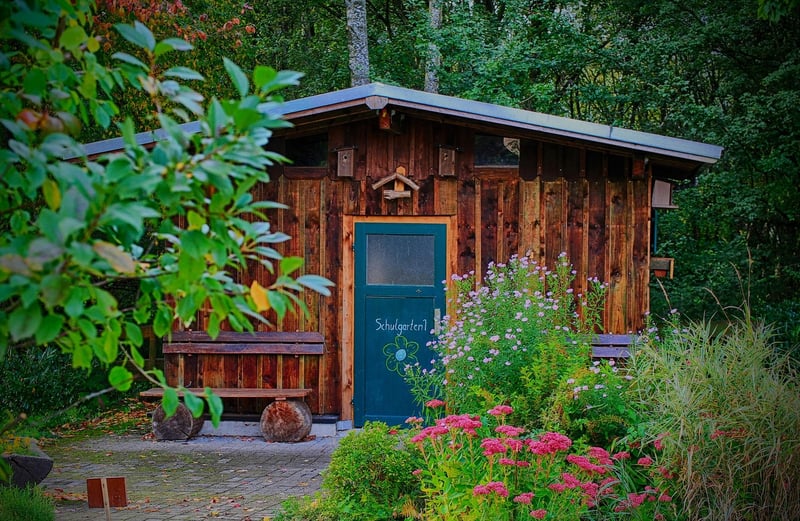Community Gardens
#Balcony
#Indoor
#Community
The Benefits of Greenery in Urban Areas and Community Gardens
Urban areas are often characterized by concrete jungles with limited green spaces. However, creating greenery in urban environments, especially through community gardens, can have numerous benefits for both the environment and the community.
Benefits of Greenery in Urban Areas:
- Improved Air Quality: Plants help absorb pollutants and release oxygen, thus improving the air quality in urban settings.
- Urban Heat Island Reduction: Green spaces can help reduce the heat island effect in cities, lowering temperatures and making the environment more pleasant.
- Biodiversity Support: Greenery provides habitats for various wildlife, promoting urban biodiversity.
- Stress Reduction: Access to green spaces has been linked to reduced stress levels and improved mental well-being among urban residents.
- Community Building: Green spaces can serve as gathering places for residents, fostering a sense of community and social interaction.
Community Gardens:
Community gardens are shared spaces where individuals from the community can come together to grow fruits, vegetables, flowers, and herbs. These gardens offer a range of benefits:
- Access to Fresh Produce: Community gardens provide access to fresh, locally grown produce, promoting healthy eating habits.
- Education and Skill-Building: Gardening in a community setting offers opportunities for learning about cultivation, sustainability, and environmental stewardship.
- Physical Activity: Gardening is a physical activity that can help community members stay active and improve fitness levels.
- Social Connections: Community gardens bring people together, fostering friendships and social connections among participants.
- Environmental Benefits: By growing food locally, community gardens help reduce carbon footprints associated with food transportation.
Get Involved:
If you're interested in promoting greenery in urban areas and participating in community gardens, consider joining local initiatives, volunteering at community garden projects, or starting your own gardening group. Together, we can make our cities greener and more sustainable!

